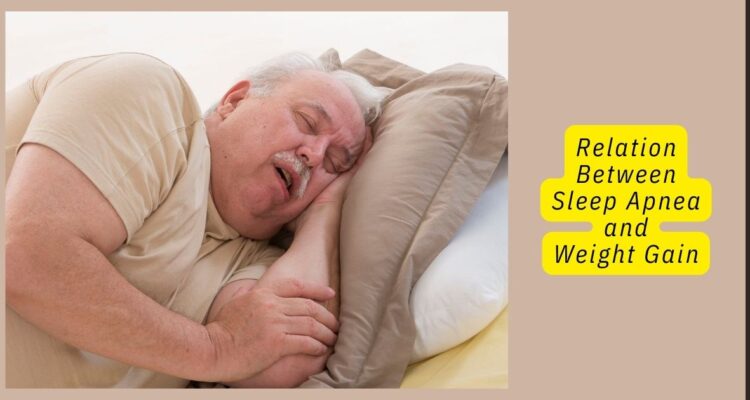Sleep apnea is a sleep disorder that causes a disrupted breathing pattern during sleep. Snoring and gasping for air in the middle of the sleep are signs of sleep apnea. Can this disorder cause weight gain? The strong factors that bring out the relationship between sleep apnea and weight gain are discussed below.
Sleep Restriction Can Increase Appetite
Leptin is a hormone that decreases our appetite but Ghrelin is another hormone that plays an opposite role of increasing the appetite. It has been found that patients with sleep apnea have significantly higher levels of ghrelin. It is also found that they have lower levels of leptin. That is why they do not feel full and eat a lot. In other words, they binge eat.
Sleep Loss Can Hinder Ability to Lose Weight
Sleep apnea deprives sound sleep. The recommended seven hours of sleep per night is not achieved with people who are suffering from sleep apnea. Sleep-deprived individuals often cannot lose weight. Studies have shown that sleep deprived people lost less than people with no sleep even if their calorie intake were identical. One of the main consequences of sleep deprivation is a feeling of being tired always. This feeling takes away the motivation to exercise because such individuals cannot exercise at all. Additionally to make things worse, lack of sleep can lead to diminished or lack of impulse control and can encourage binging on junk foods.
Weight Gain Can Increase Chances of Sleep Apnea
This is just the reverse of the previous condition and additionally it also denotes that being obese and having sleep apnea can be a vicious cycle. Being obese can put an individual at a higher risk of developing sleep apnea. In obese people, more tissue can be found on or around the throat which can make sleep apnea events more common. Weight gain can cause an increase in fat distribution in the neck and waist specifically, which can subsequently contribute to the development of sleep apnea. This is because, an increase in neck circumference narrows the airway, which can cause snoring and sleep apnea.
So if you are obese and do not have sleep apnea, you are all the more vulnerable to developing it. Should you have sleep apnea but are not obese, you are all the more vulnerable to developing it. Since they both have a strong correlation, get your sleep apnea treated as soon as possible and also take positive steps to reduce your body weight by following good lifestyle habits, regularly exercising and more importantly having a balanced diet.
Treatment For Sleep Apnea
Snoring can be easily treated with a simple and safe anti-snoring device. This device can also treat sleep apnea due to the obstruction of airway blockage. These devices hold the lower jaw in a forwarding position and the tongue being attached to the jaw moves along with it and does not fall back into the throat to block the airways. This mechanism eliminates snoring. Check your dentist for getting your anti-snoring device. However, it should be noted that this is the treatment for snoring due to obstructive sleep apnea only.




